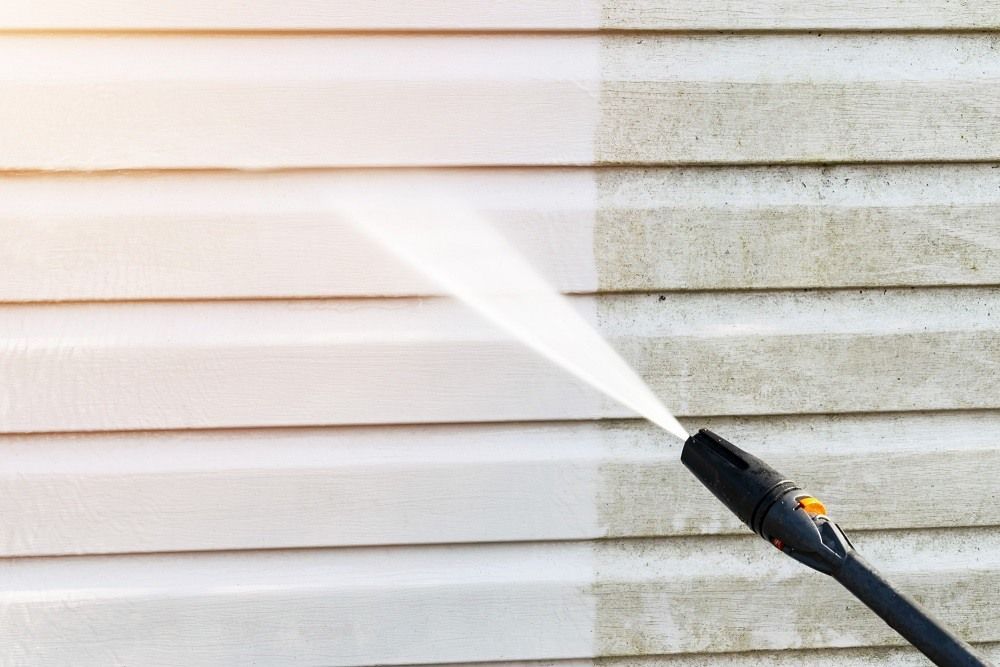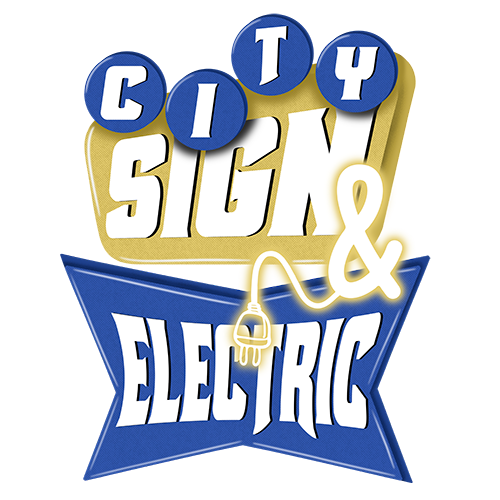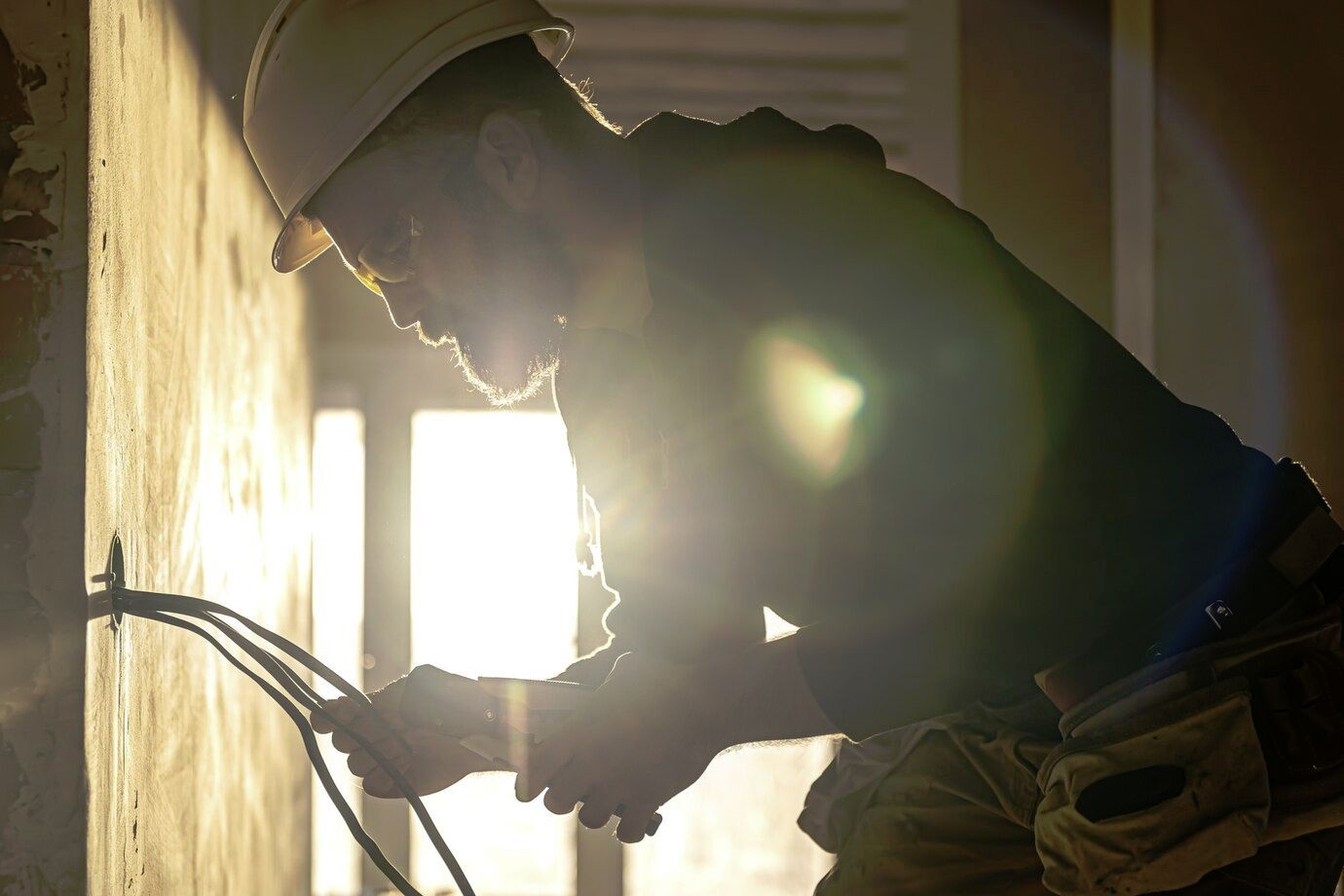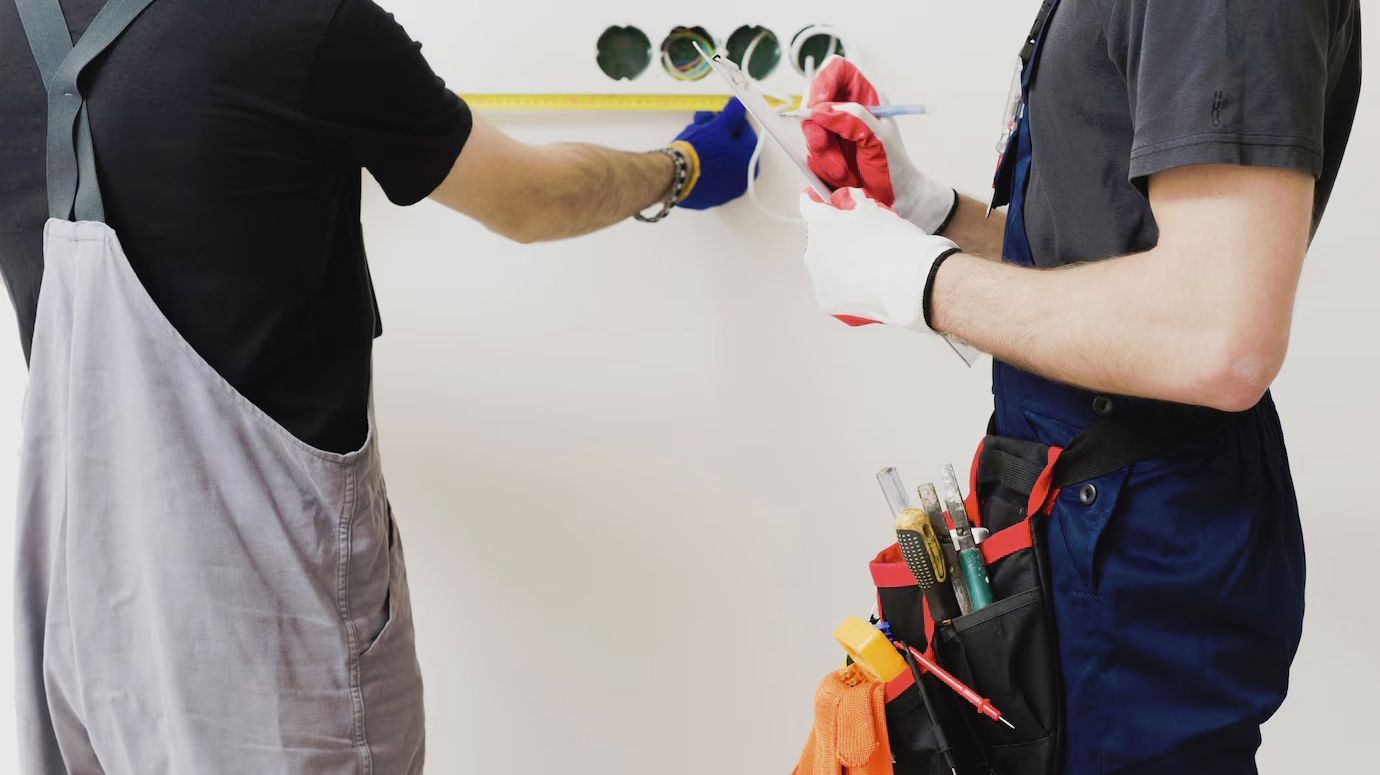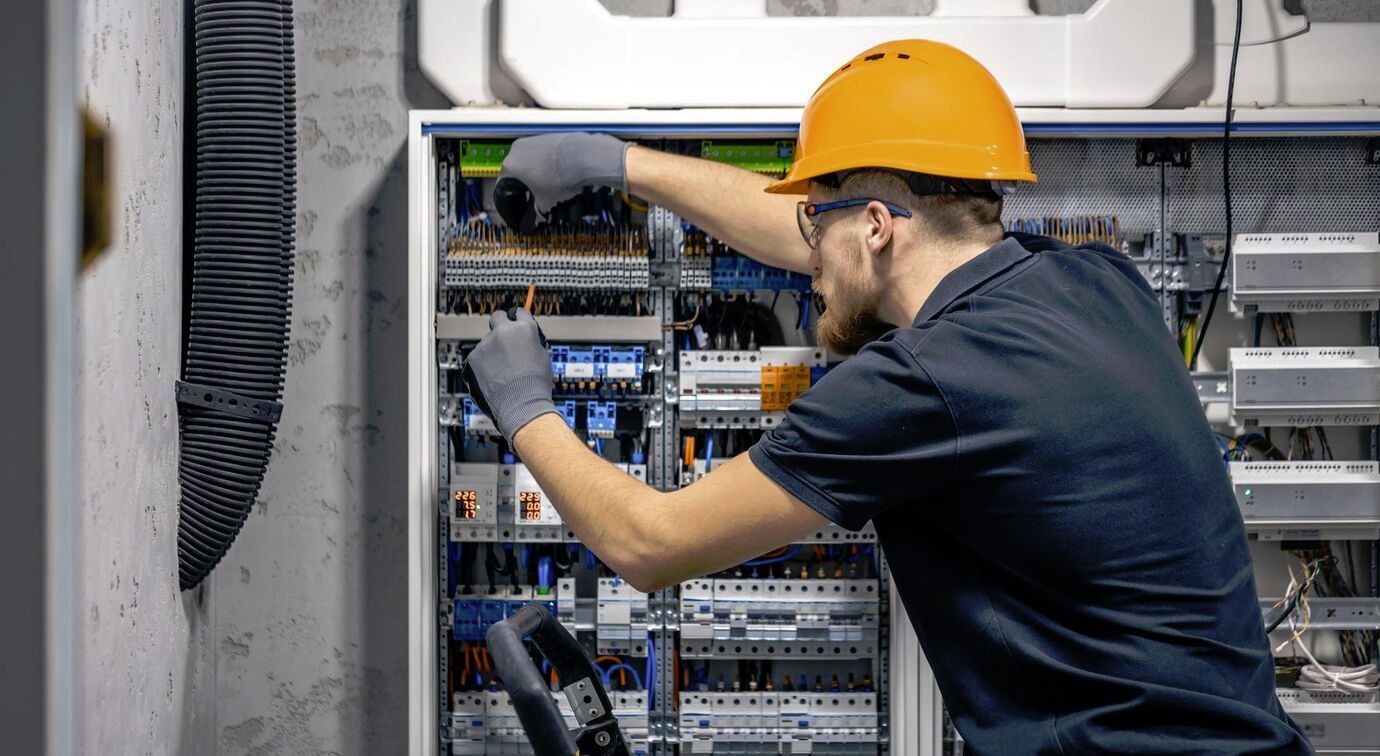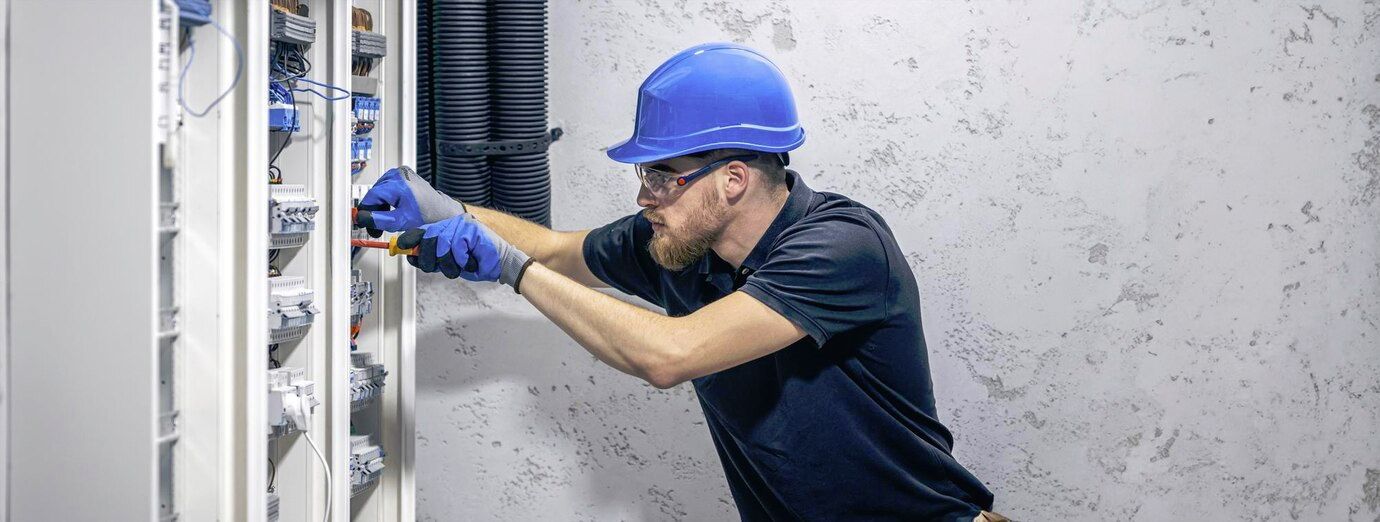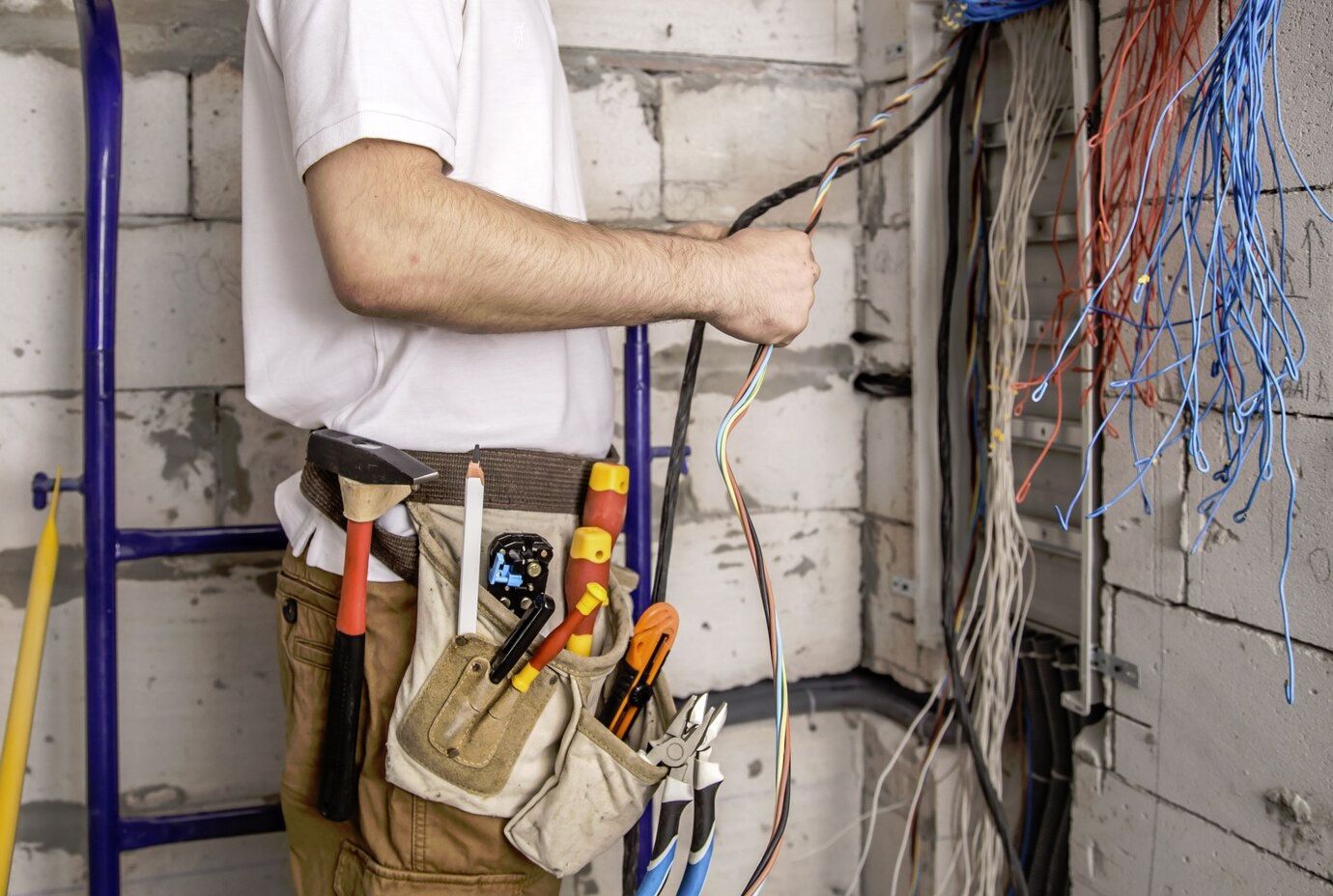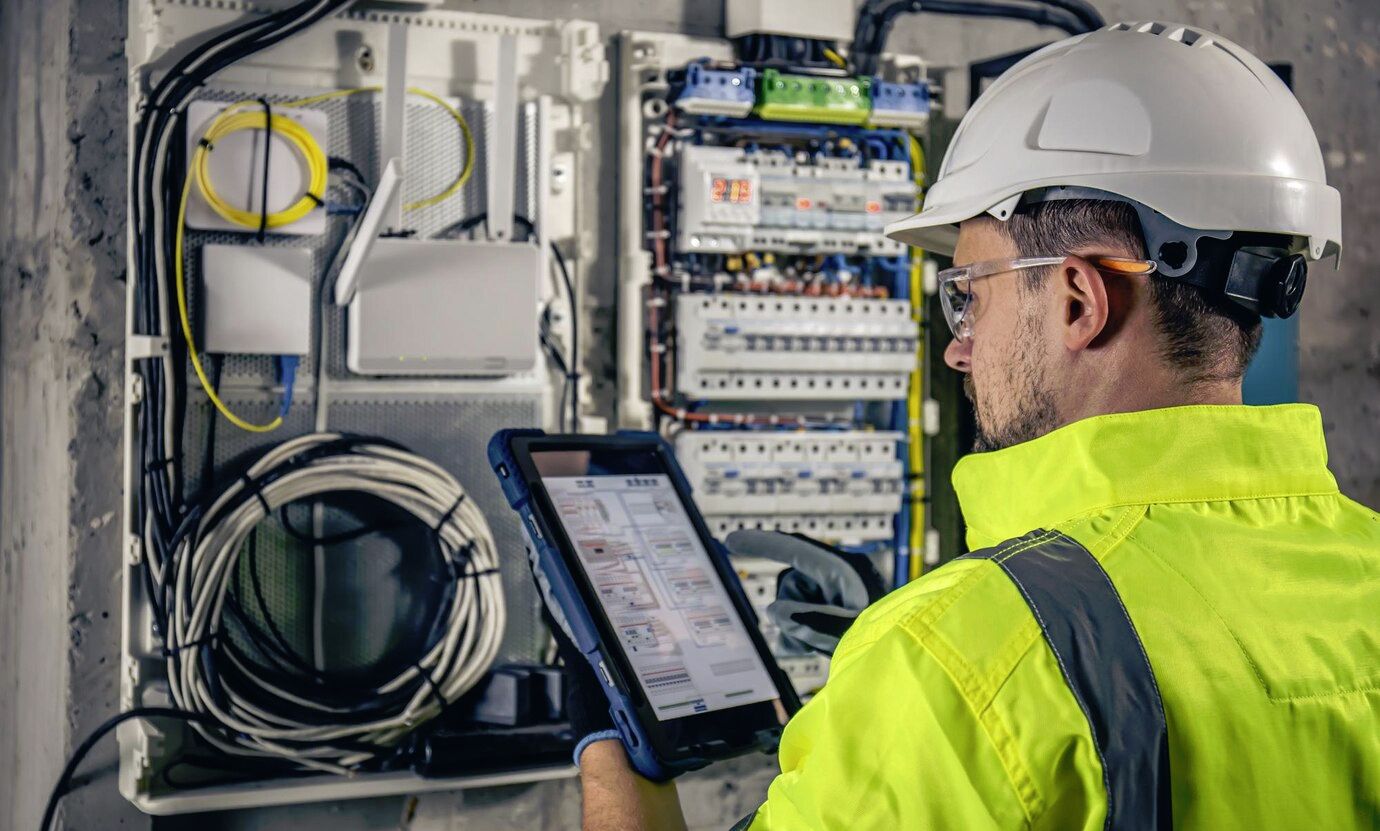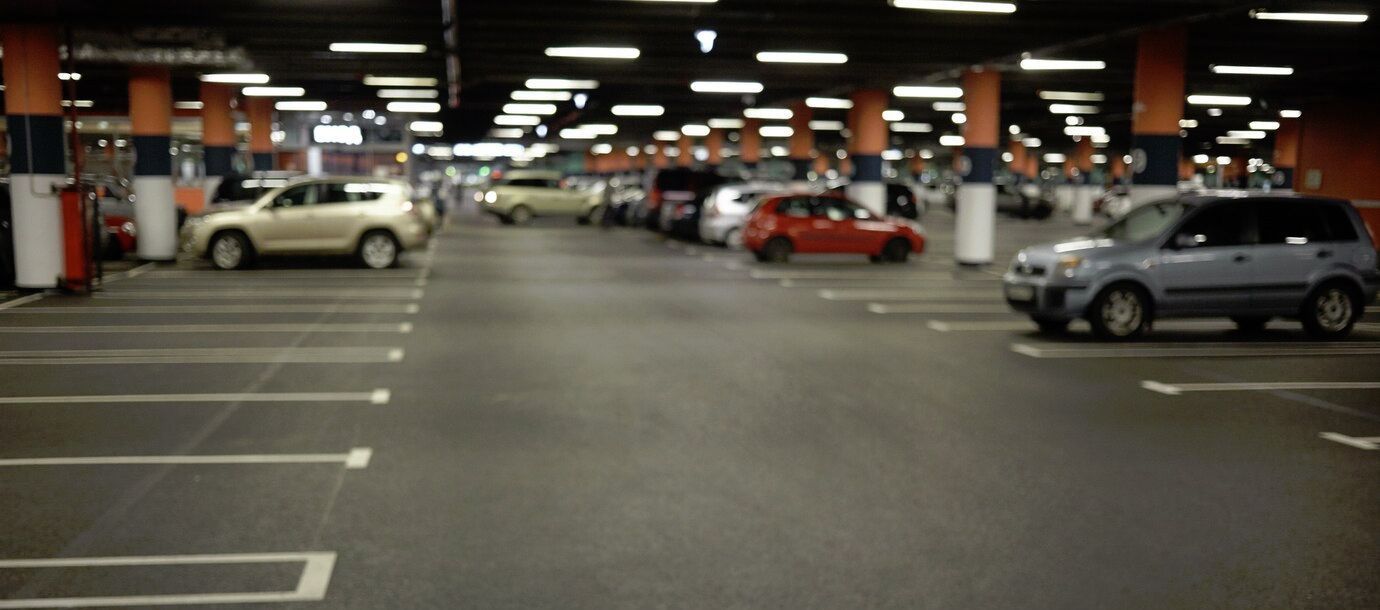Electrical Panel Change Out
Electrical Panel Change-Out
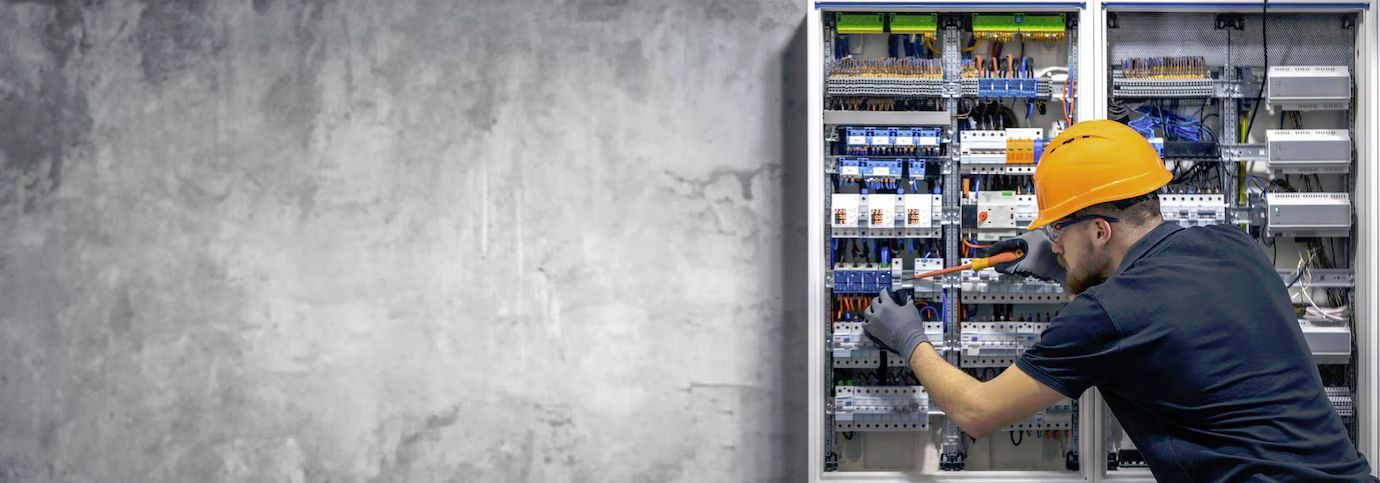
What is an Electrical Panel?
An electrical panel can also be known as a fuse box or a breaker box. It's the point from which power enters the electric meter and flows out into individual smaller circuits. Those circuits bring power to everywhere in your house or business—outlets, lights, appliances, etc.
Inside the panel, there are circuit breakers. They are protective devices. When there is an issue, they cut power, like during an overload or short circuit. This prevents your wiring and appliances from being damaged. A working panel prevents accidents and ensures everything keeps working right.
Why You Might Need an Electrical Panel Change-Out
There are numerous reasons that an Electrical Panel Change Out will be necessary. Below are a few of the most prevalent:
Your Panel is Too Old
Your panel is too old if it is more than 25–30 years old. It cannot keep up with today's demands for power. Older panels incorporate older parts. Some even incorporate breakers that do not trip in case of danger, potentially causing fires.
You Need More Power
New homes consume more electricity than ever. People use air conditioners, washers, stoves, and charging stations for electric vehicles. If your panel is full,
Changing Out Electrical Panel systems can give you more space to add other circuits. It also ensures that your house does not suffer sudden power outages.
Breakers Trip Frequently
Do your breakers constantly trip? That's an indication your system is stressed. It may indicate that the panel is not managing the load very well. It might be time to upgrade. Continuous tripping can burn up appliances and raise the possibility of short circuits.
You Notice Burn Marks or Can Smell Burning
This is a serious warning sign. Burn marks near the panel or a burning smell means there could be a fire risk. Call an expert right away to
Repair Electrical Panel problems or replace the panel. Delaying this could lead to costly damage.
You’re Renovating or Adding Space
If you are constructing a new room or renovating your kitchen, your electrical requirements will be different. The existing panel may not accommodate the new installation. An
Electrical Panel Change Out is usually undertaken during such an upgrade. It keeps you ready for future upgrades as well.
What Happens During an Electrical Panel Change-Out
Here is a brief overview of the electrical panel change-out process:
- Step 1: Inspection - The electrician checks your current system. They look at how much power your home uses and how the panel is wired. This helps them plan what size panel is needed.
- Step 2: Power Shut-Off - Before the work starts, the main power is shut off. Safety comes first. Power is turned off to avoid electrical shocks and protect the worker and your property.
- Step 3: Removing the Old Panel - Old panel and breakers are taken out. Wires are disconnected and labeled carefully so nothing is confused. This process also entails testing for any faulty wires or concealed faults.
- Step 4: Installation of the New Panel - A new panel that is larger and safer is installed. It is equipped with new breakers that suit your home's requirements. The panel is mounted securely and placed in correct alignment.
- Step 5: Reconnect Circuits - Wires are tied to the correct points on the new panel. All is tightened and inspected. This helps to ensure that loose ends or connection issues are not present.
- Step 6: Testing
- The panel is tested to ensure it functions properly. Power is restored and the electrician inspects each circuit to make sure everything is operating safely.
How Long Does it Take?
The majority of
electrical panel change out repairs take between 4 to 8 hours. In others, it could be longer. This will depend on how intricate the wiring is or if you need to do other repairs. If you will also be
Changing Out Electrical Panel wiring or connections, it may take longer. Scheduling a full day is advisable. Commercial buildings or older structures may require additional time.
Signs Pointing to Electrical Panel Issues
Watch for these signs. They may indicate that your panel needs to be replaced or fixed:
- Flickering lights
- Burning odor next to the panel
- Hot or warm surface on the panel
- Rust or water damage
- Buzzing or crackling noises
- Breakers that will not remain on
If you observe any of these, it's time to act. Changing Out Electrical Panel units before a fault worsens can make your property secure. Early indications should never be overlooked.
Fixing an Electrical Panel
Not every problem requires a complete replacement. In some cases, electrical panel components can be repaired. For instance, a faulty breaker or loose wire can be repaired without replacing the entire panel. But if you are constantly repairing the same problems over and over again, it may be wiser to opt for a complete electrical panel changeout. This is a clean start and an assurance of peace of mind. It also prevents larger expenditures down the road.
Electrical Panel Safety
Electrical panel work is hazardous. Below are some safety highlights:
- Never touch the panel if you do not understand how it operates.
- Don't touch cables or breakers inside.
- You always should hire a qualified electrician to perform panel work.
- Prevent water and flammable material from surrounding the panel.
- Inform members of the family not to go close to the area around the panel.
Being safe takes precedence over cutting corners a bit by performing the job by oneself. Wiring jobs require training and right instruments.
Benefits of Replacing Electrical Panel Systems
When you have an Electrical Panel Change Out done, you receive numerous advantages:
- More capacity for your appliances
- Increased safety and reduced risk of fire
- Space for additional circuits if you retrofit your home
- Reduced power losses and breaker trips
- A cleaner and more up-to-date electrical configuration
- Increased value of your home at resale
Consider it like replacing an older car. A newer system is more reliable, faster, and safer.
Cost Factors for Electrical Panel Change-Out
The price of a panel replacement varies depending on lots of factors:
- Panel size (100, 150, 200 amps)
- Labor time
- Condition of wiring
- Whether you need to obtain permits or an inspection
- Where the panel is located and how easy it is to reach
On average, replacing a panel can cost between twenty-five thousand to eighty thousand or higher. If you require to fix electrical panel components or wiring the cost might increase. It is always smart to get an estimate upfront.
Common Questions People Ask
Can I Do the Panel Work Myself?
No. This is high-voltage electricity work. It is not safe for anyone other than a trained person. Call a licensed technician.
How Often Should Panels Be Replaced?
Panels last about 25 to 40 years. But if you see problems, don't wait. Panels that are okay outside can have issues inside.
What Size Panel Do I Need?
That will depend on your home's usage. The average home today requires a minimum of 150 to 200 amps. Your electrician will advise you depending on your appliance and circuits.
Do I Need a Permit?
Yes. Permits in most areas are required before panel changes. You will also have to have it inspected once completed.
When to Call an Expert
If you are unsure about your panel or see indications of damage, it is time to get an expert on the job. Do not wait for a power outage or something worse—a fire. A qualified electrician can inform you if you need a quick repair or an entire electrical Panel Change Out
Delaying panel work is not advisable. Panels that are worn out or too small can lead to severe problems. It is always safer to act in advance and remain safe.
Final Thoughts
Your electrical panel regulates power in your space. It keeps your house or company safe and operating optimally. But panels are not indefinite. If yours is outdated, overpowered, or displaying damaged indicators, replacing electrical panel units might be a wise choice.
Whether it is time to Repair Electrical Panel parts or fully replace them, acting early can save money and avoid trouble. A proper electrical panel change-out can support your needs today and prepare your space for tomorrow.
